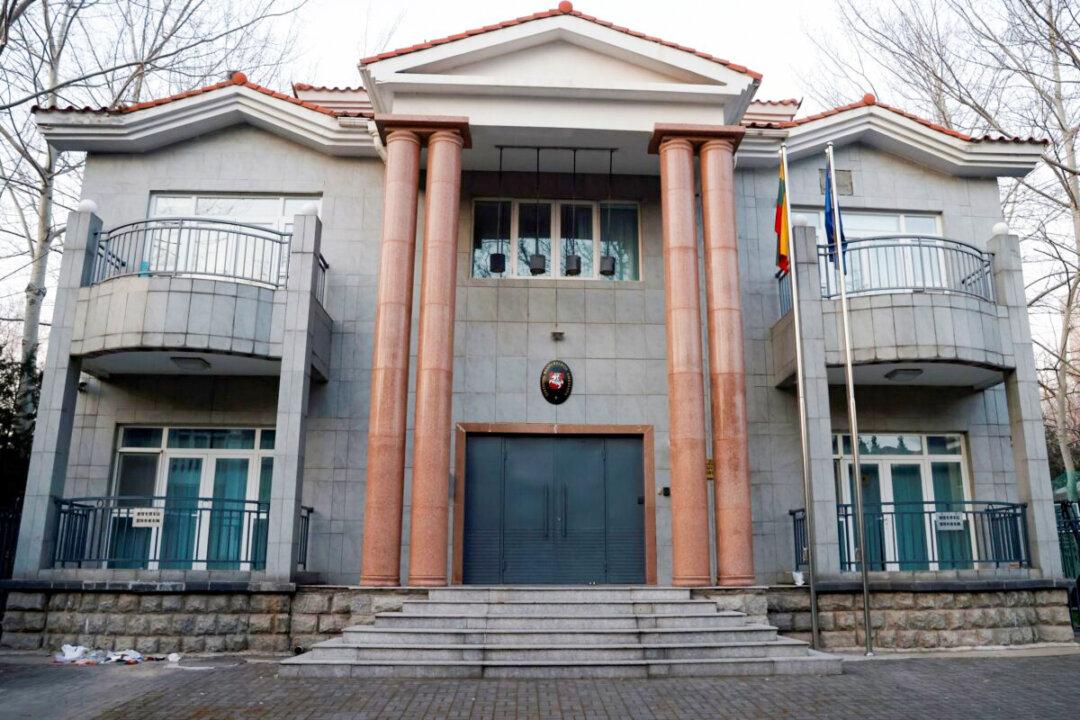When the Chinese regime resorted to political and economic coercion to punish Lithuania for leaving a voluntary grouping of countries led by China and growing its ties with Taiwan, Lithuania did not cave in and withstood the pressure with the support of the European bloc and other countries.
Lithuania informed the Chinese regime in February 2021 about its decision to withdraw from the “17+1” framework, said Diana Mickevičienė, Lithuania’s current ambassador to China.





